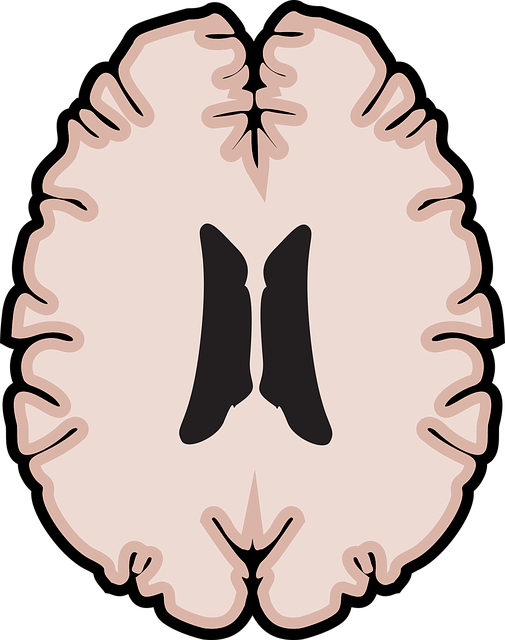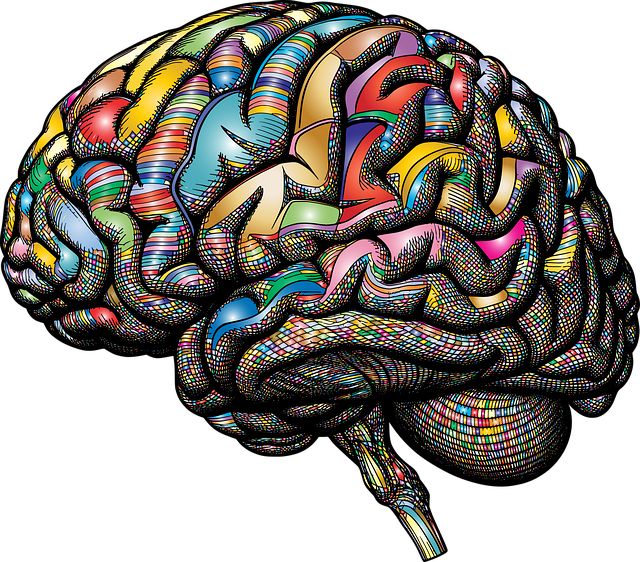The media's portrayal of mental illness impacts public understanding, especially in marginalized communities like Chicago's Englewood, where language and cultural barriers hinder access to care. Accurate representation through initiatives like Englewood Russian Speaking Therapy (ERST) is crucial. ERST offers culturally sensitive therapy incorporating Russian folklore to address the unique needs of Russian-speaking immigrants, promoting inclusive narratives that challenge stigma and improve mental health outcomes. Media should engage professionals and individuals with lived experiences to create diverse, stereotype-free stories that highlight effective treatments like those provided by ERST.
In today’s media landscape, accurate representation of mental illness is crucial for fostering understanding and breaking down stigma. This article explores the current state of mental health depiction in media and presents innovative solutions. We highlight the unique role of Englewood Russian Speaking Therapy as a cultural bridge, addressing linguistic and cultural barriers. Furthermore, we offer practical strategies to enhance accurate mental health portrayals on screen. By examining these approaches, we aim to revolutionize media’s impact on public perception of mental illness.
- Understanding Mental Illness Representation in Media: The Current State
- Englewood Russian Speaking Therapy: A Cultural Bridge and Solution
- Strategies to Enhance Accurate Mental Health Depictions in Media
Understanding Mental Illness Representation in Media: The Current State

The current state of mental illness representation in media is a complex and multifaceted issue. While there has been progress in recent years, with more diverse and nuanced portrayals of mental health conditions on screen, significant challenges remain. Often, mental illnesses are still depicted stereotypically or sensationalized, contributing to stigma and misperceptions among the audience. The absence of accurate representation can lead to an underestimation of the impact of these conditions and a lack of empathy from viewers who may not fully comprehend the struggles faced by individuals living with mental illness.
Moreover, the media’s role in shaping public perception is undeniable, especially for marginalized communities. For example, Russian-speaking populations in Englewood face unique barriers when it comes to seeking therapy and support due to language and cultural differences. Accurate representation in media can play a pivotal role in challenging these disparities by providing visibility and fostering understanding. Incorporating Mind Over Matter principles and Mood Management techniques, as well as encouraging Mental Wellness Journaling Exercises, can help create more inclusive narratives that resonate with diverse audiences, ultimately promoting better mental health outcomes for all viewers.
Englewood Russian Speaking Therapy: A Cultural Bridge and Solution

In communities where access to mental health services is limited, such as Englewood, a vibrant and diverse neighborhood in Chicago, specialized therapy programs step in as cultural bridges. The Englewood Russian Speaking Therapy (ERST) initiative addresses a pressing need by offering support tailored to the unique challenges faced by Russian-speaking immigrants. This program not only fills a significant gap in mental health care accessibility but also provides a safe space for individuals to openly discuss their struggles, fostering a sense of belonging and understanding.
By focusing on burnout prevention and confidence boosting, ERST incorporates evidence-based practices to enhance mood management. The therapy sessions are culturally sensitive, incorporating elements of Russian folklore and traditions to create a comforting environment. This approach not only respects the clients’ cultural backgrounds but also encourages them to embrace healing techniques that resonate with their identities. Through ERST, residents of Englewood can navigate their mental health journeys with support tailored to their specific needs, ultimately improving their overall well-being.
Strategies to Enhance Accurate Mental Health Depictions in Media

Media has a significant impact on shaping public perception, especially when it comes to mental health. To foster Mental Health Awareness, accurate and nuanced representations in entertainment and news media are crucial. One effective strategy is to involve mental health professionals and individuals with lived experiences in the creative process as consultants or content advisors. This ensures that stories are told responsibly, avoiding stereotypes and offering a more realistic portrayal of various conditions.
Additionally, promoting diverse narratives can help reduce stigma. Media platforms should strive to include a wide range of characters with different backgrounds, identities, and mental health struggles. For instance, showcasing individuals from minority groups or those who have overcome challenges like Anxiety Relief and Self-Esteem Improvement through effective treatment, such as that offered by Englewood Russian Speaking Therapy, can provide valuable insights and inspiration for audiences.
Mental illness representation in media has long been a topic of discussion, with accurate depictions being crucial for reducing stigma and promoting understanding. While there’s progress, challenges remain. The article has explored these issues and presented Englewood Russian Speaking Therapy as a cultural bridge, offering unique solutions to improve mental health portrayals. By implementing strategies that emphasize authenticity and sensitivity, the media industry can contribute to more nuanced and accurate representations of mental illness, fostering empathy and support for those facing these challenges.














